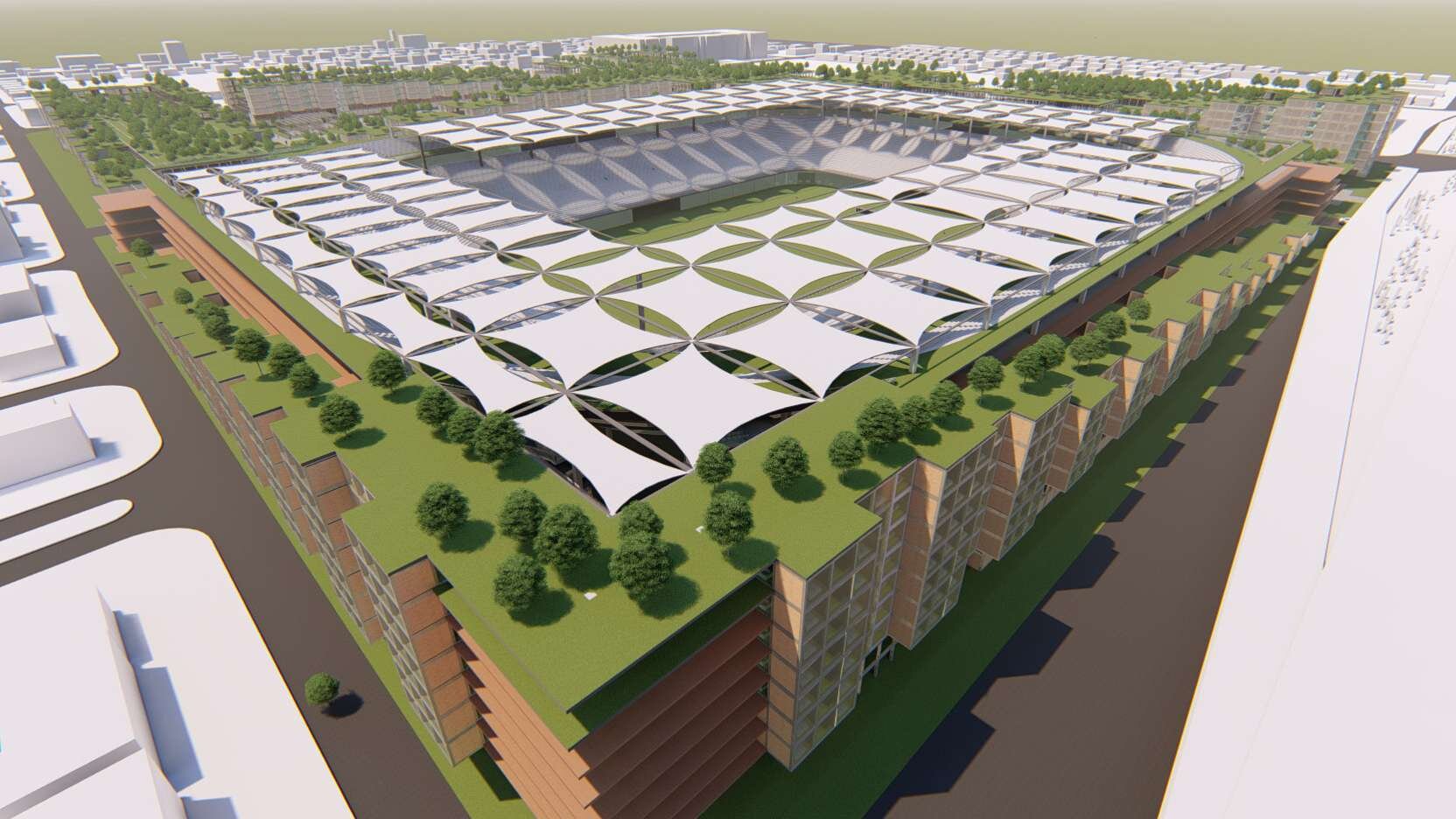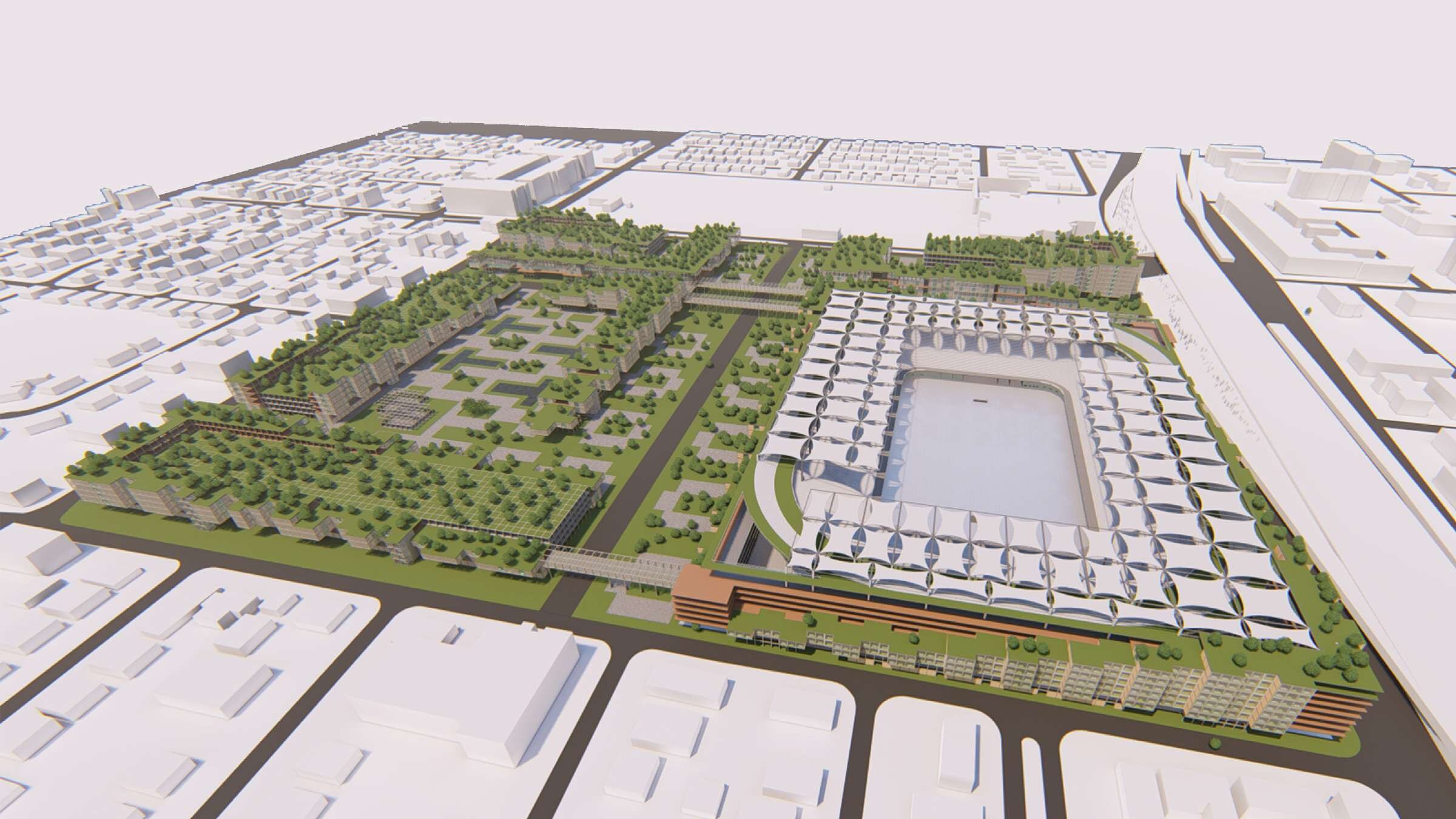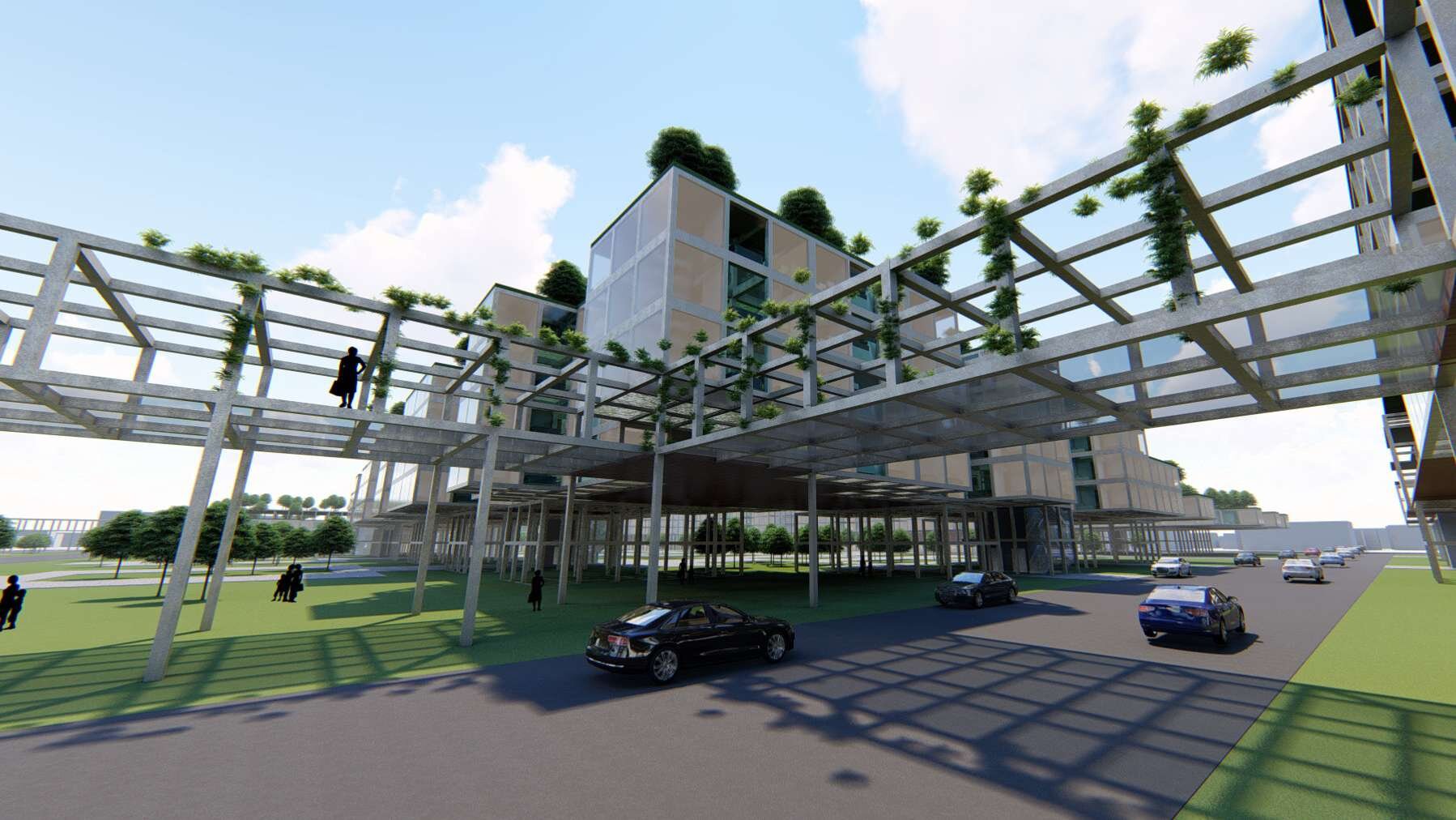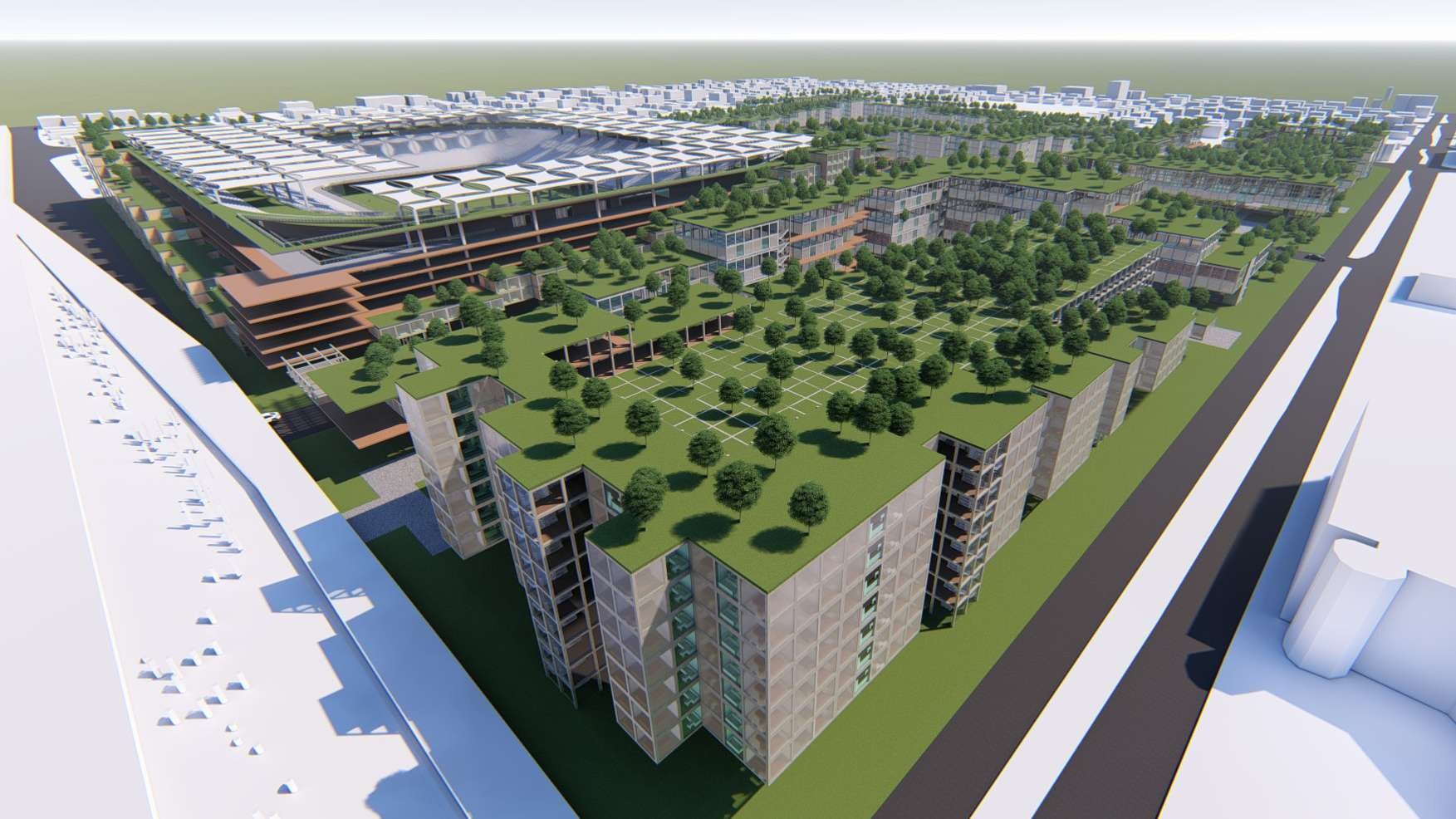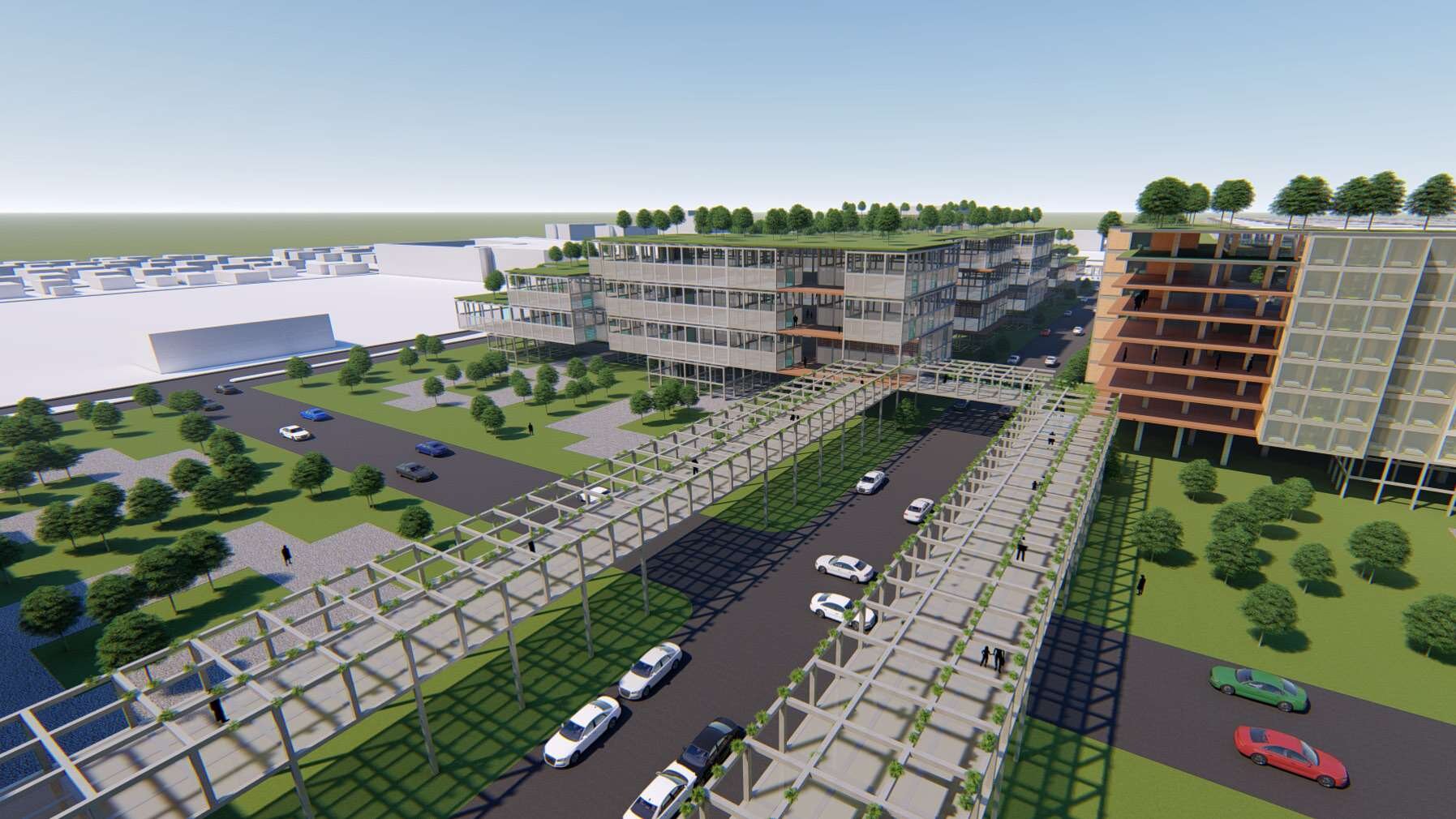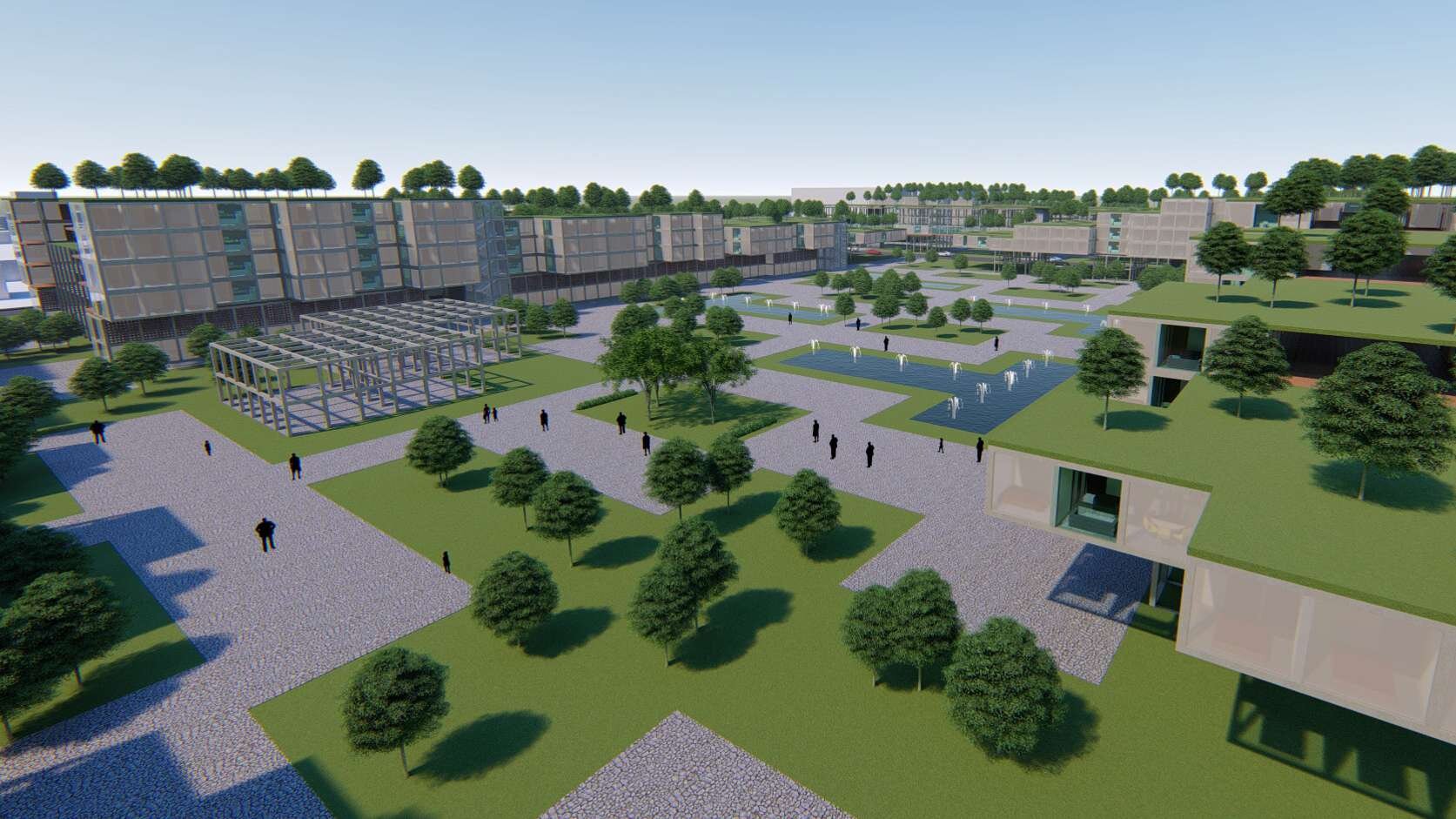Modules for Little Haiti
Students: Laura Patino, Paula Monteagudo
Professor: Jordan Trachtenberg
With the controversy surrounding the Beckham Group’s (BG) proposal for a Stadium located within Miami-Dade there has been a polemic discourse on the use of public land and resources for a private organization’s agendas. Public Private Partnerships (P3)are common in cities that are looking for economic stimulation and there are many successful examples, such as the Highline in New York City and the Port of Miami Tunnel. But, Miami-Dade has had a bad history of making deals that end up costing taxpayers and local municipalities more than what was planned and voted for. Offering a strain on the growth and prosperity of the city.
BG’s plan for the stadium land has been scrutinized for the last 5 years and for the first time has passed through Miami’s City Commission and set to vote in the upcoming November election. The proposal is located just east on the Miami International Airport on public land that is currently used as the Melresse Golf Course. When done correctly a P3 project can be just what a city needs to bring opportunity and growth. Our project looks into how to do this through the assumption that BG’s proposal will be denied in the upcoming vote. Our proposal will look into why and how Edison Court in Little Haiti serves as the best platform for BG and for the City of Miami. Underdevelopment in urban areas offers opportunities for both the city and the people who occupy it. Rethinking what a development can do to improve all the fundamental goals of a ground up project, from the way in which one dwells to how neighborhoods behave and operate. There are many variables and facets to one’s way of life.
Our objective, is to define and design what these variables are and to devise a development strategy for BG’s program requirements in tandem with what Little Haiti needs that will positively benefit a person/family’s way of life and lifestyle, in turn, developing a positive net gain for the community.

